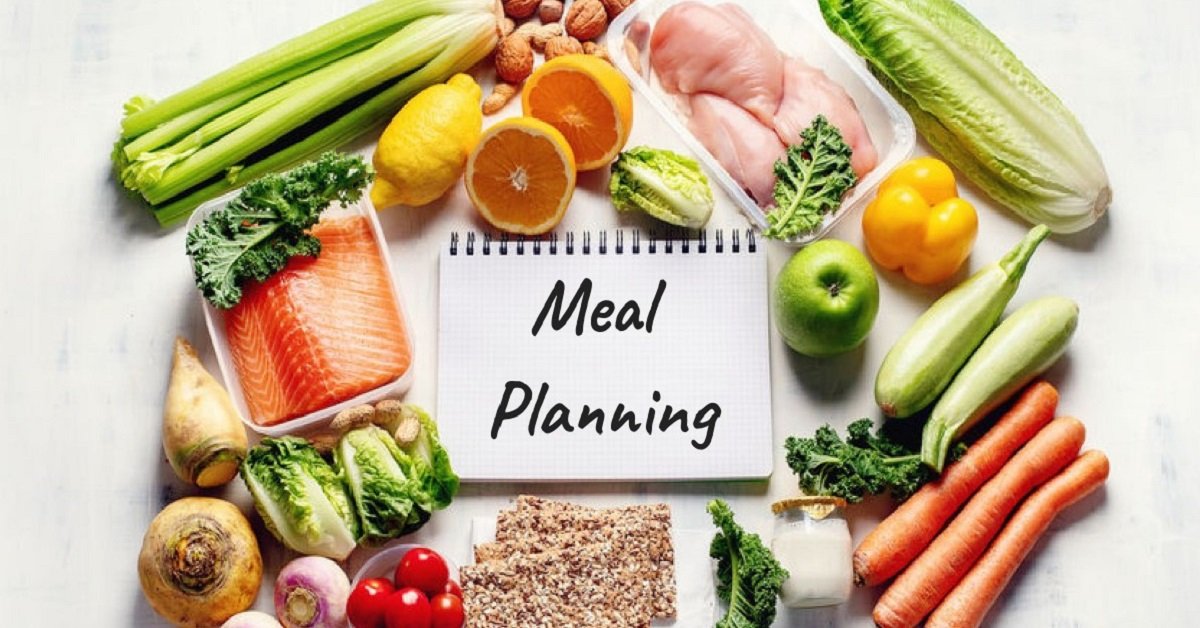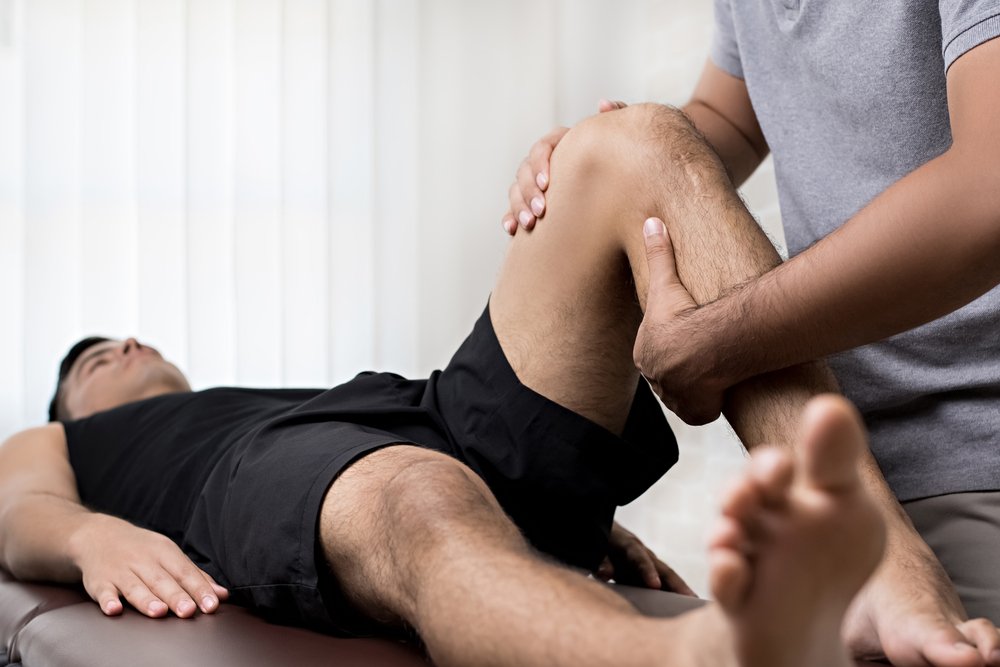As an athlete, you already know Nutritional Plan that fulfillment is not pretty much the hours you spend training – it is also approximately what fuels your body. Developing a solid dietary plan is like locating the ideal gear ratio for your bike or the suitable stride length in your run. It’s that essential detail that could elevate your overall performance from desirable to extraordinary. But with a lot of conflicting information available, it’s easy to feel overwhelmed. Don’t fear! We’re here to reduce the noise and assist you create a nutritional approach that is tailor-made to your precise needs and dreams.
Just as proofreaders at greattypohunt.com meticulously scan texts for mistakes, we’re going to carefully look at each element of your weight loss program to make certain it’s optimized for peak athletic overall performance. Whether you are a weekend warrior or an expert athlete, the right nutrition may be your mystery weapon. Ready to free up your complete capability? Let’s dive into the essentials of fueling your athletic adventure!
Calorie Requirements
Next, know how many calories you should consume daily. This depends on the size of the burden and the exercise that you put it through. If you are into rigorous exercising, then you are likely to require more food than you would normally anticipate. Do not underestimate – this again also negatively impacts your efficiency. Look out for the signs during workouts. If you’re a stereotype of a drained individual, then it’s safe to assume that you are eating too little.
Macronutrient Balance
The main attention should be paid to the correct proportions of proteins, carbohydrates, and fats. Protein helps build muscle. Carbs fuel you for the workouts. Fats are generally useful to the body since they assist other parts of the body to function as required. It is recommended to start with the carbohydrate-protein to-fat ratio of 50:30:20. But modify it as per the energy level you carry, and the results you offer.
Hydration Strategies
On the times when you are not doing any physical activities, consume water not necessarily when you feel the urge to do so. Try to have some water immediately when you wake up in the morning. When exercising, consume the drinks every 10-20 minutes. Finally, after working out, take more of it to replenish what you have lost in sweating. The color of your pee should be a light yellow. There could be an additional need for drinks containing electrolytes if you are training for longer periods.
Meal Timing
Eat a meal with carbs and a few proteins 2-three hours earlier than running out. If you’re quick on time, have a small snack half an hour earlier than. For longer exercises, consume some smooth-to-digest carbs all through the workout. After operating out, have some protein and carbs for 30 minutes. Try to devour each 3-4 hours at some point in the day.
Supplement Considerations
Real food needs to be your fundamental source of nutrients. But a few dietary supplements can help. Protein powders are correct if you want to eat sufficient protein. Creatine can assist with strength. Fish oil may help healing. If you don’t get a lot of solar, think about vitamin D. Always check with a medical doctor earlier than beginning any supplements.
Performance Fueling
For activities over an hour, you need to eat at some stage in the hobby. Aim for 30-60g of carbs according to hour. Practice your consumption plan at some stage in training. Energy gels, sports liquids, or bananas paint nicely. For shorter, intense events, cognizance of ingesting properly earlier than and staying hydrated. Find what works excellently for you.
Recovery Nutrition
Eat something with carbs and protein for half an hour after a workout. This helps your muscle tissues recover. Fruits and vegetables are exact too – they fight infection. Tart cherry juice might assist with sore muscle tissue. Good recuperation ingesting enables you to carry out better on your next exercise.
Individualized Approach
What works for others may not give you the results you want. Keep track of what you devour and how you experience in the course of workout routines. Notice if positive foods disappoint your belly or in case you perform better with greater carbs. Make changes slowly. Consider your sport, desires, and any meal regulations. Don’t be afraid to ask a sports activities nutritionist for help. Be prepared to alternate your diet as your wishes alternate.





